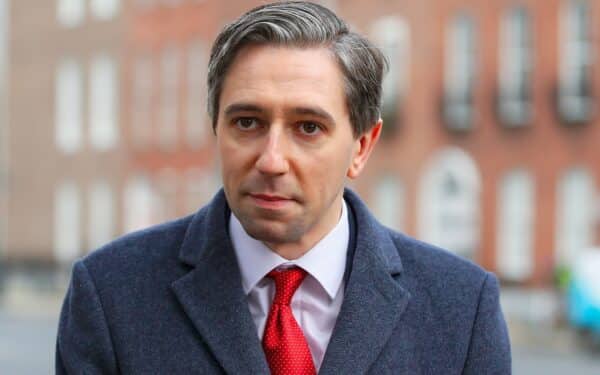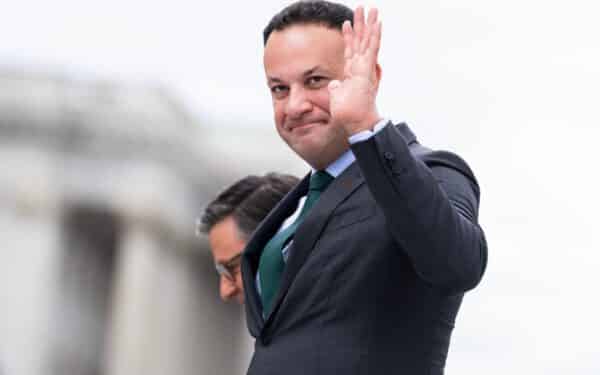A year ago, walking the streets of Barcelona, the atmosphere was electric: history was unfolding before my very eyes. I was there during the independence referendum, and confidence was high. The Estelada, Catalonia’s flag, flew from what seemed like every other window and even violent, pitch battles with Spanish national police at several polling stations seemed to do little to dampen popular enthusiasm.
A year later and Catalonia is still part of Spain, many of the Catalan nationalist leaders are in jail and others have fled. Catalonia may secede in the future but things are a lot more complicated than the vivid impression that those independence rallies left with me.
It turns out, of course, that major constitutional change is a messy, complex and slow business. In Ireland, we are told, everything has changed following Britain’s 2016 Brexit vote: after decades of the status quo, momentum is now growing for a united Ireland. A hard border will make republicans of remain-minded unionists, and a border poll will finally see the Irish nation united. Irish commentators have lined-up to depict Brexit as an act of national suicide, a moment of madness that will tear the UK asunder. Those who would prefer stasis speak apocalyptically about a return to violence in Ireland, while the more nationalist-minded speak of an inevitable unification of the country in the face of the threat of dominance by the most reactionary strand of pro-British unionism.
Northern Ireland as a whole voted against Brexit, after all, so the only sensible option is to rid ourselves of the border altogether. And yet, is there not a certain brittleness to this sentiment?
Irish nationalist and republican fears about Brexit are grounded in reality. No-one wants border checkpoints to be erected, and the fact of the matter is that most Irish people, unionists aside, do see Ireland as a single country in waiting – even if they are quite prepared to live with partition in the here and now. However, if Brexit is truly the death knell of the UK then why would nationalists be concerned about it? And concerned about it they are. Many seem sure that Brexit is the UK’s death warrant, but if that were true, fears about the border should be less pronounced – real soon now, there won’t be any border at all, hard or soft. Isn’t the reduction of the union to England, Scotland and Wales something that they should favour?
And then there’s the Irish establishment. Irish prime minister Leo Varadkar has repeatedly rejected calls for a vote on reunification. Speaking in July 2017 he said: “It would not achieve a united Ireland, but what it would do is give rise to further nationalism, further sectarianism and further polarisation”. In June this year he again told the BBC a border poll would be defeated.
For the Irish this will come as no surprise: despite claims by Brexiteers that Varadkar is under pressure from Sinn Féin, or that the Irish government, in cahoots with the EU, is somehow attempting to annex Northern Ireland, Varadkar’s Fine Gael party is the most pro-British of Irish political parties and its interest in the border is simply one of continuity: not so much landgrab as time-freeze.
Never mind the Irish political establishment though, even Sinn Féin leader Mary Lou McDonald has said that she does not favour a border poll “in the context of a crash Brexit or a very hard Brexit”. Sinn Féin is not betting on an immediate vote and for good reason: Brexit has indeed changed the circumstances of the settlement in Ireland – Democratic Unionist Party leader Arlene Foster’s saying that the Belfast Agreement is not “sacrosanct” is both a simple reflection of reality and a serious worry for Irish nationalists — but it is not axiomatic that a border poll will be called, nor is it certain that nationalists would win one, at least not in Northern Ireland.
The soothing noises coming from the government in Dublin, meanwhile, have all been about preserving the status quo. Those who, like me, are minded to see Ireland as a single country in waiting might say that if the Belfast Agreement is negotiable then so is the return of Ireland’s territorial claim over Northern Ireland. We know, however, that even if a referendum wasn’t required for such a move — and it would be — the fact is that it simply won’t happen.
Brexit is no silver bullet for the cause of Irish reunification and anyone who wants a united Ireland will still have to do what Britain’s Brexiteers did: campaign, cajole and convince people to vote for it.



